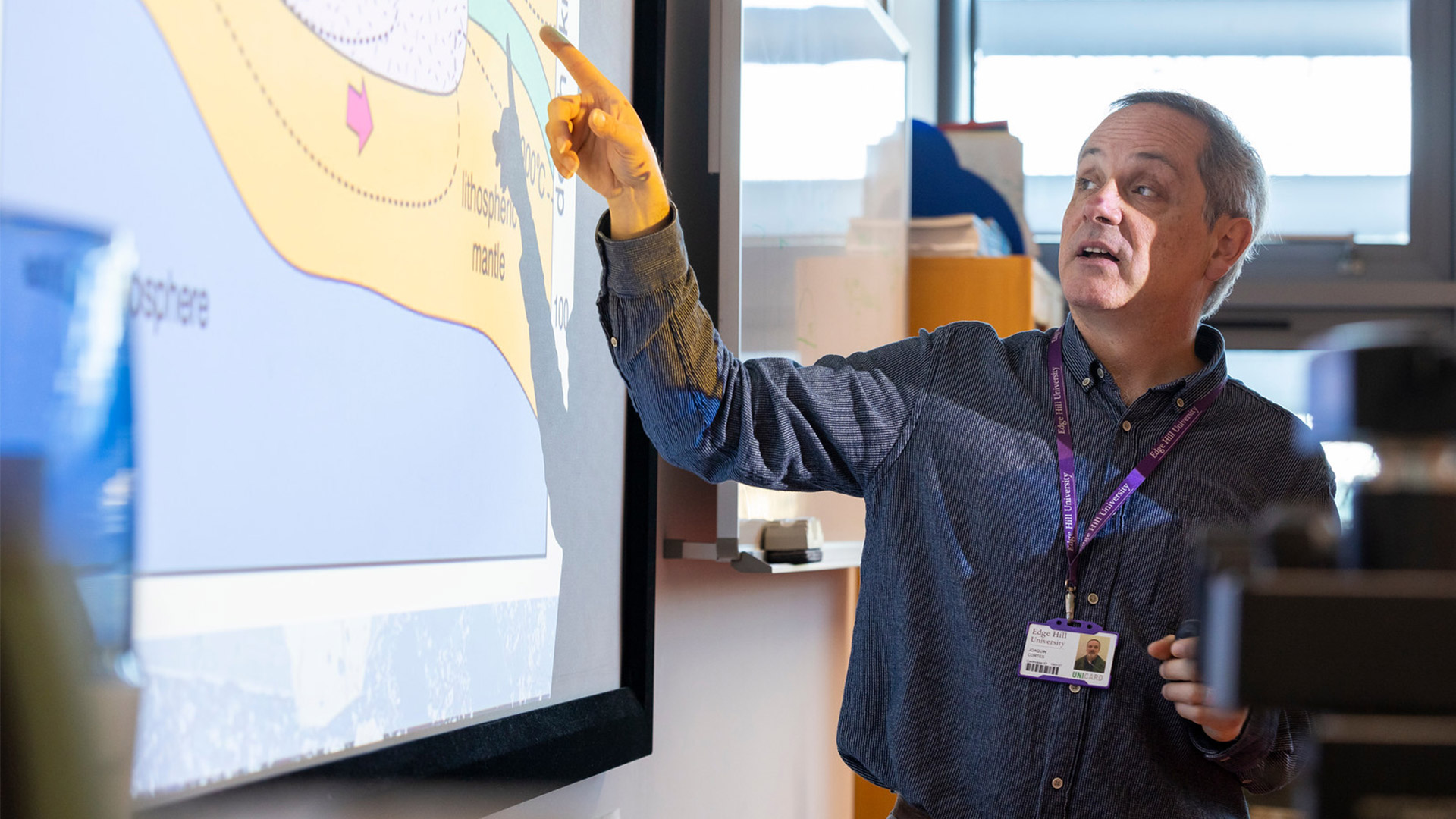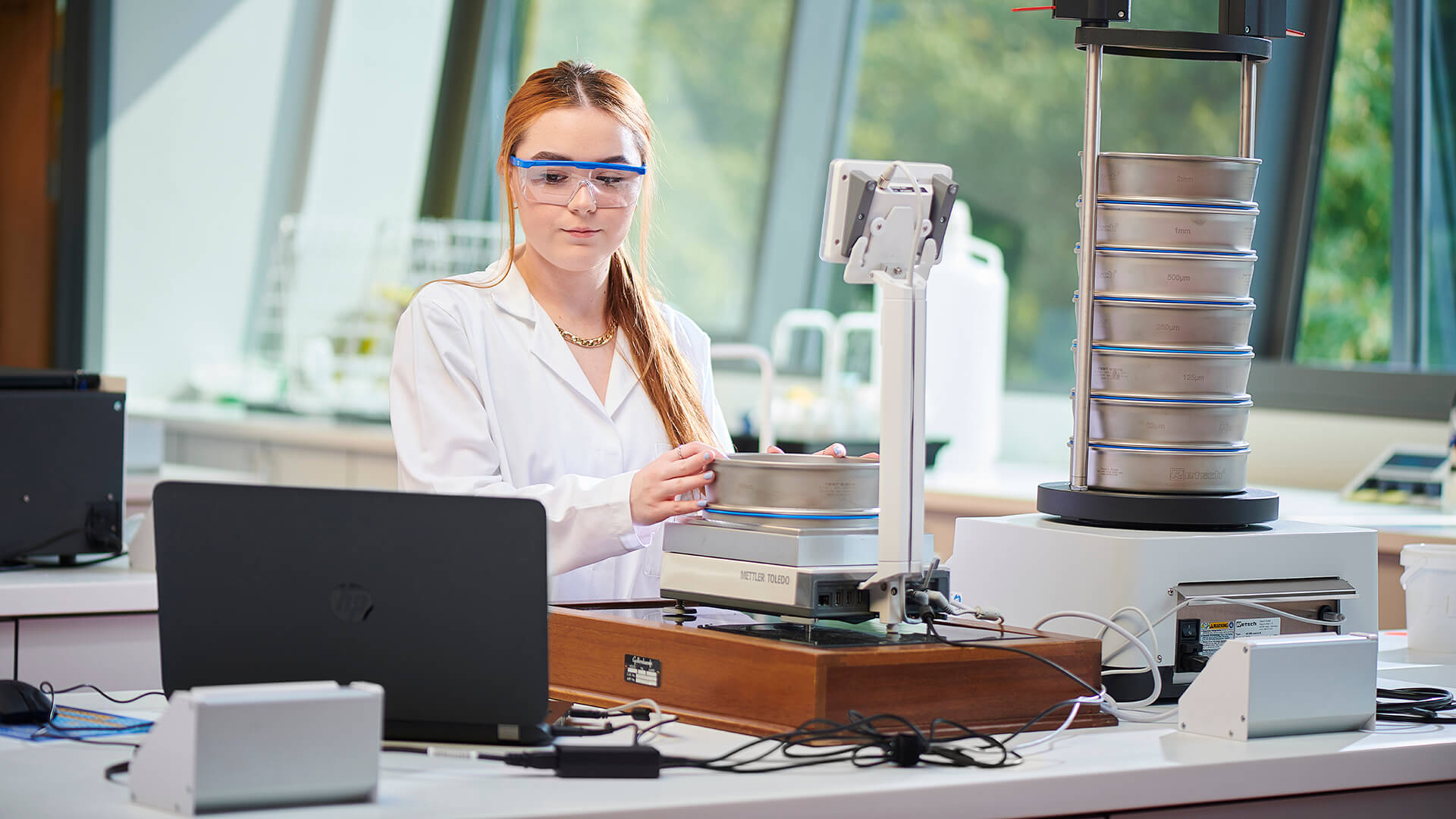Geographical and Geological Research – Graduate Teaching Assistant (GTA) PhD studentship
PGRs working on geography or geology projects are normally housed in the Department of History, Geography and Social Sciences.



All postgraduate researchers (PGRs) are registered in the University’s Graduate School and housed in the faculty or department that is most appropriate for the project on which they are working. PGRs working on geography or geology projects are normally housed in the Department of History, Geography and Social Sciences.
Research activities in geography and geology span a broad range of environmental, geological, and geographical themes. We work in diverse environments, such as active volcanoes, lakes, rivers, floodplains, coasts, urban and rural built landscapes. Our research involves development of a range of investigative methodologies, including palaeoecological reconstruction, tephrochronology, geochemistry, statistical and computational modelling, remote sensing, and geospatial analysis. Committed to a long-term research strategy, and benefitting from world-class staff, the department is developing a vibrant research and postgraduate community in exciting research areas, such as:
- Palaeoenvironmental reconstruction
- Coastal geomorphology
- Landscape Development
- Palaeoflood hydrology
- Natural Flood Management
- Quantifying sediment and associated pollutants
- Sediment budgets of river catchments
- Volcanology and igneous geochemistry
- Modelling soil erosion
- Measuring erosion rates
- Geographic Information Systems
- Remote Sensing
- Natural Hazards, their causes, effects, and mitigation
As part of the department’s commitment to a long-term research strategy and supported by world-class staff and a vibrant postgraduate community, we are keen to recruit exceptional PhD candidates in exciting research topics, including, though not limited to the below list with additional information on the research area webpages. All PGRs will be supervised by a supervisory team with appropriate expertise. Also, see the University’s research repository for further information on the research outputs of each member of staff.
Please direct all enquiries about proposed projects on topics related to Geological and Geographical research to Dr Joaquín Cortés, Graduate School Research Degree Contact for Geological and Geographical research, by emailing [email protected], stating the specific research theme/s of interest from the research themes list.
Research themes
Palaeoenvironmental reconstruction
- Fire history and drivers
- A multi-proxy approach to stand-scale palynology investigations.
- Palaeoenvironmental change and understanding drivers of change.
- Palaeohazard reconstruction and impacts (volcanic eruptions, hurricanes, tsunamis).
- Variations and influence of atmospheric-ocean interactions (ENSO, PDO, NAO) throughout the Holocene
- Palaeoenvironmental change and understanding drivers of change.
- Environmental reconstruction using diatoms, pollen, and charcoal.
Natural hazards, their causes, effects, and mitigation
- Disaster management.
- Risk reduction.
- Reconstruction and rebuild.
- Resilience.
Coastal geomorphology
- Beach sustainability.
- Assessing and mapping coastal vulnerability.
- Rock coast erosion dynamics (cliffs, shore platforms, boulder transport).
Flood hydrology
- Extending flood records using evidence from floodplain environments.
- Holocene flood magnitudes and frequencies.
- Flooding, climate, and land use changes in the Holocene.
- Holocene river development.
- Natural Flood Management.
Catchment Science
- Landscape Development.
- Quantifying sediments and associated pollutants.
- Sediment budgets of river catchments.
- Modelling soil erosion.
- Measuring erosion rates.
Volcanology and igneous geochemistry
- Petrology and geochemistry of volcanic sequences.
- Thermodynamics and modelling of magma recharge and mixing.
- Magmatic evolution of the Palaeogene volcanic province in Scotland.
- Volcanic systems in Iceland and Tenerife.
Geographic information systems & Remote Sensing
- Geovisualization.
- Land system changes.
- Spatial modelling.